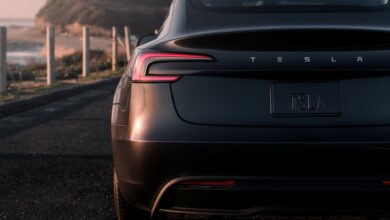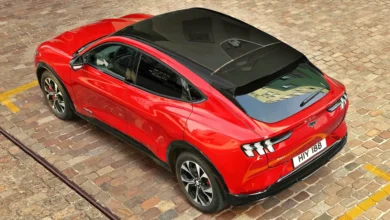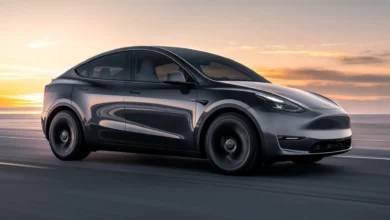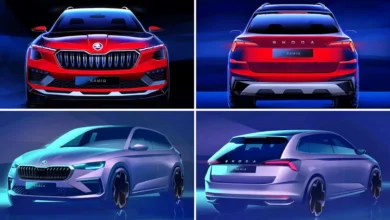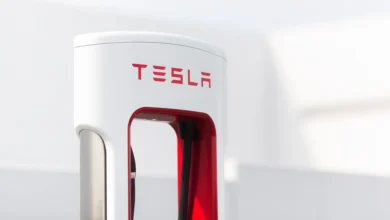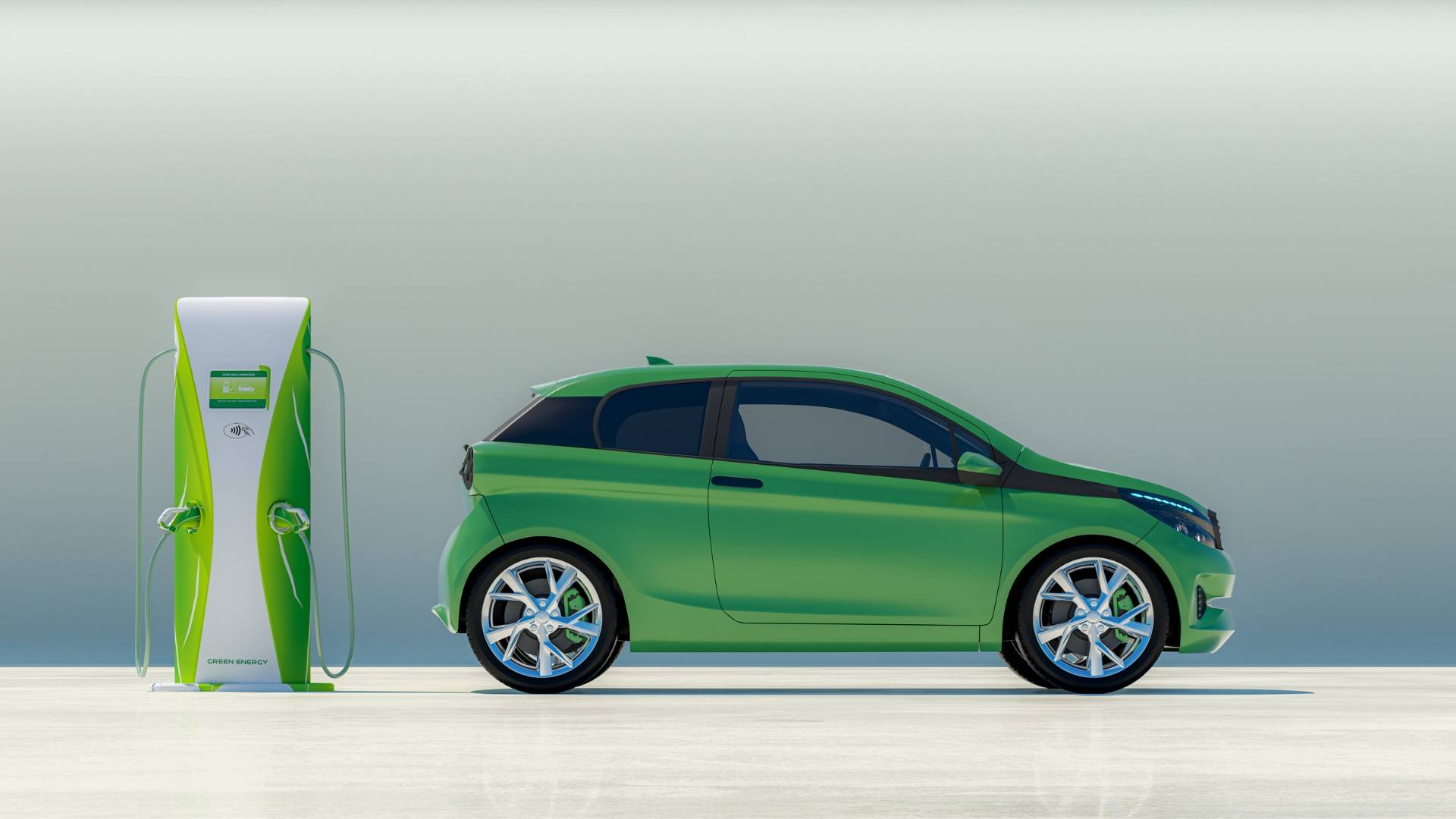
By now, everyone is probably aware that there is no way back to fossil fuels. Alternative fuels are the future, but what this should look like is still being discussed, because the electric car is not without competitors. We also took a look at the hydrogen car and give you an overview of hydrogen vs. electric.
Hydrogen cars, or hydrogen fuel cell cars, are a new type of passenger car that differ from the petrol, diesel, hybrid or electric cars that currently make up the majority of cars on German roads. Several factors play a role in the question of whether hydrogen or electric power is the better alternative.
You may be familiar with LPG (Liquid Petroleum Gas) cars, but hydrogen-powered cars are very different and much closer to electric cars, as the hydrogen car has no internal combustion engine at all. Instead, there is a fuel cell that uses hydrogen to generate electricity. You can find out exactly how this works in our separate hydrogen car article.
Hydrogen cars only need to be filled up with hydrogen at a pump, and the only exhaust output is H2O – yes, just water, but primarily gaseous. Because hydrogen is the most abundant element in the universe, it’s unlikely to run out like gasoline or diesel.
Hydrogen cars are still rare right now, but that could change in the future – and as more and more of them start hitting the streets, you’ll want to know more about them to stay ahead of the game in the hydrogen vs. electric battle.
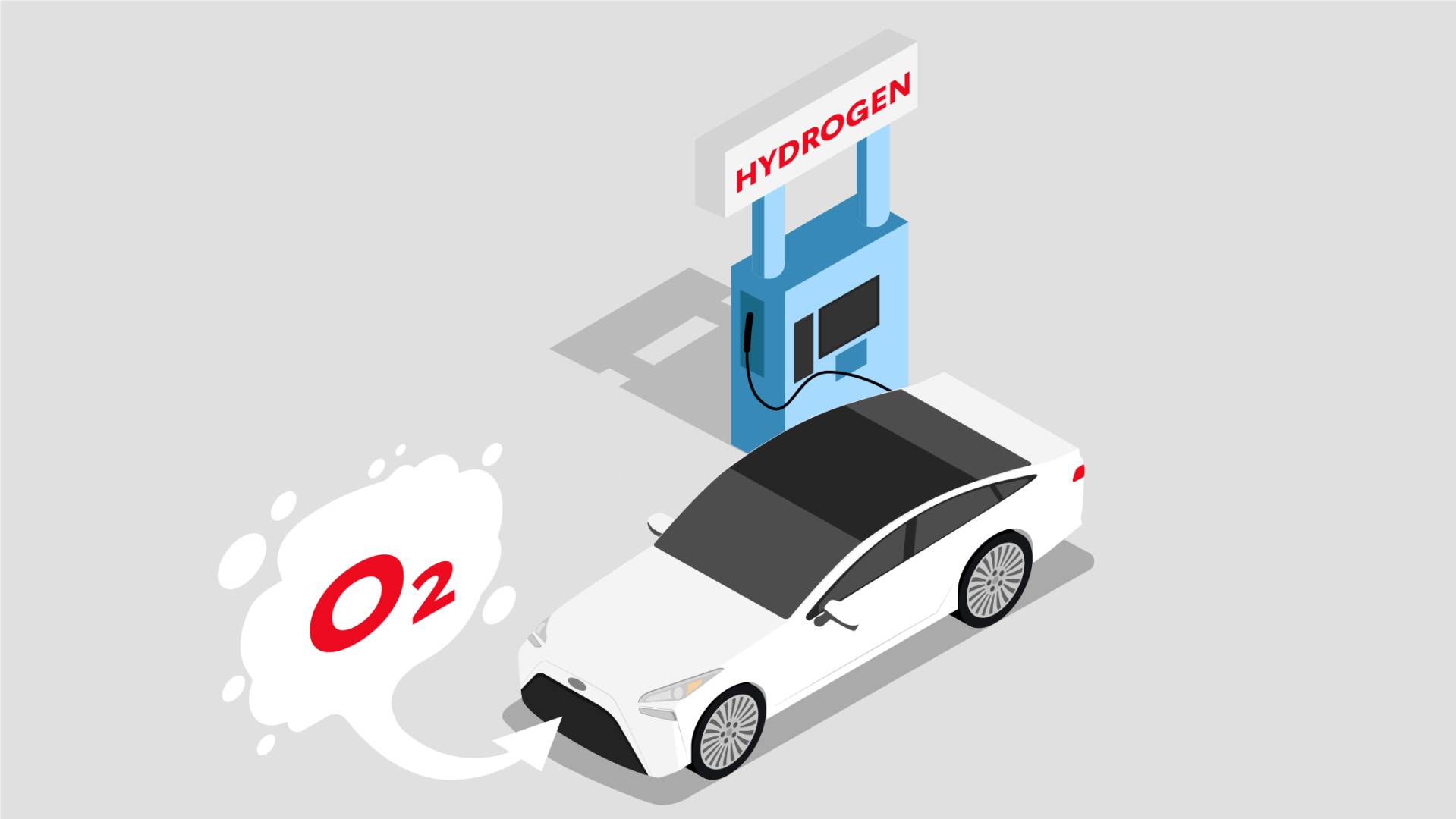
Electric car vs. hydrogen car – the comparison
This article says: Hydrogen vs. Electric – the battle for the top spot is fought in four categories:
- Sustainability
- Practicability
- Range
- Costs
Which technology is more sustainable?
For some time now, manufacturer, research, and funding funds have been spent entirely on electric cars and further development for the future. The focus is clear and with the e-car a new star in the mobility sky has fought for its place. But in the background, other types of drive are just waiting to get attention. We are talking about hydrogen and synthetic fuels.
| Electric | Hydrogen | |
| Efficiency [%] | 70-80 | 20-30 |
| Emissions [g/100 km] | – | – |
| Range [km] | up to approx. 550 | up to about 700 |
| loading time | several hours | several minutes |
| Cost per 100 km [€] | 4.50 | 9.50 |
An electric motor is on board with both technologies, but the difference is that in the e-car the electricity is stored in a battery – in the hydrogen car, it is generated in the built-in fuel cell itself and then stored in a battery.
To produce hydrogen, the process using electrolysis requires a fairly large amount of electricity. Therefore, this process is only sustainable if electricity from renewable energies is also used for the process. Hydrogen can also be obtained from natural gas, but this is even less sustainable because fossil fuel is used for it.
For the production of an e-car, however, a lot of electricity is also required, and the battery is the main issue here. And not only production but also recycling are associated with CO2 emissions. An e-car battery is larger and therefore consumes more electricity during production and disposal. This means that in both cases, production can only be sustainable if the electricity for production comes from renewable energies.
However, one has to say the disadvantage of the hydrogen car is that the efficiency compared to the electric car is currently still rather catastrophic. As can be seen in the table above, the energy loss that occurs during generation, storage, and conversion back to electricity in the hydrogen car is very large. In the end, only about 23 percent efficiency remains on average – with electric cars it’s a good 73 percent! When it comes to the question of whether the hydrogen car or the electric car is more efficient, the answer is clear.
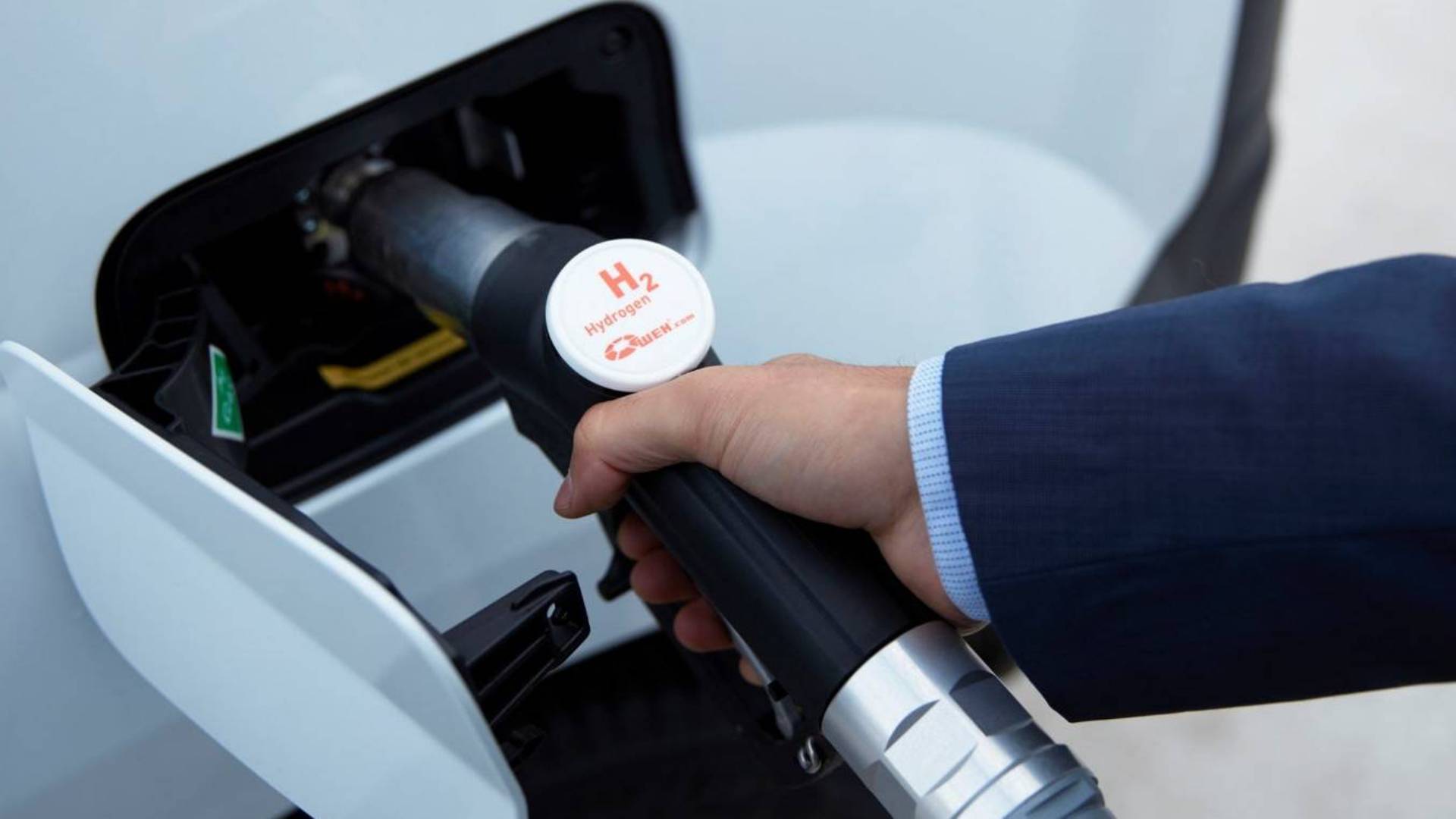
Which technology is more practical in everyday life?
At the moment, this point goes to the hydrogen car – at least as far as the theory is concerned. It can not be denied that a hydrogen car can be refueled within a few minutes. So it hardly makes any difference whether I fill a combustion engine with petrol or a hydrogen car with hydrogen. In addition, the infrastructure is theoretically already in place, because the current filling station system can remain in place, you would only have to install hydrogen tanks. The hydrogen can then be refueled at the pump, as is usual with diesel or petrol.
It could be so nice if it weren’t for the problem with the hydrogen filling stations. In practice, such have not yet established themselves, there are far (!) fewer ways to fill up a hydrogen car than charging stations for electric cars. Given the mere 100 hydrogen filling stations in Germany, the Stromer with its more sophisticated charging infrastructure wins the race for easier refueling.
It is true that charging an electric car currently takes much longer, but at least you have the option of charging it at public stations. And you can also charge your e-car at home if you have to, but filling up with hydrogen doesn’t work at home.
Which technique will get me the furthest?
Here we have a head-to-head race because electric cars have increased significantly in terThe models from Tesla are an exception here because the ranges are sometimes significantly higher herems of range. Hydrogen cars achieve ranges that are comparable with petrol and even partially with diesel models, i.e. between 500 and a maximum of 800 kilometers with one tank. With electric cars – with a few exceptions – the range is not quite as high. However, a lot has happened here in recent years and unless you are buying a small electric car, you can also expect a range of a good 400 to 500 kilometers.
The models from Tesla are an exception here because the ranges are sometimes significantly higher here.
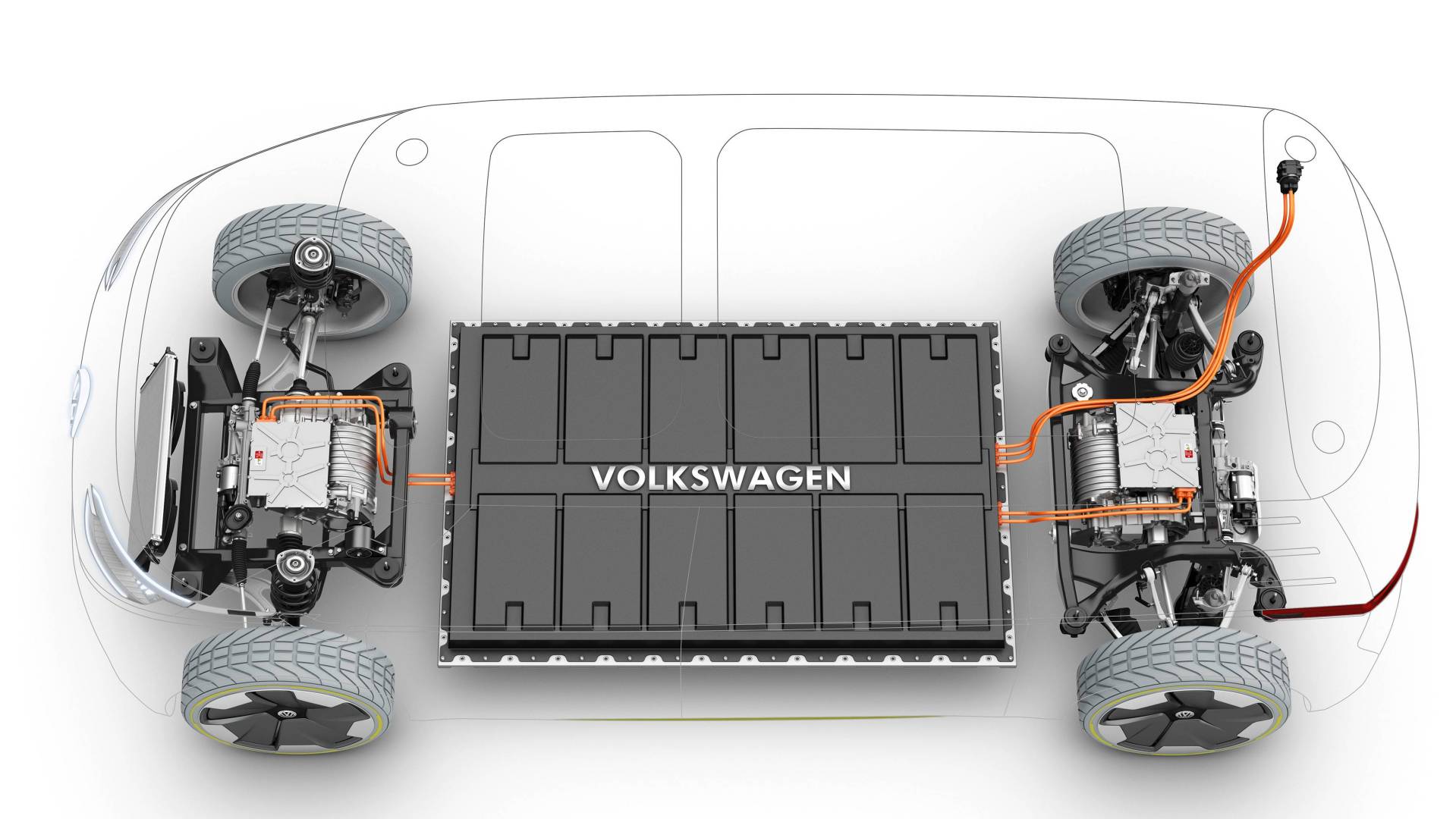
Which technology is cheaper?
As far as the purchase price of electric or hydrogen cars is concerned, one can say that both types of drive are a lot more expensive than combustion models. However, there has been funding for electric models for some time, which also includes hydrogen cars. However, the environmental bonus will be reduced at the beginning of 2023. This means that locally emission-free vehicles are sometimes almost as cheap as petrol or diesel. However, this only applies to models with a list price of up to 65,000 euros, expensive vehicles are no longer subsidized.
If you ignore the bonus and compare a hydrogen car with an electric car of roughly the same value, the hydrogen car is still a little more expensive because it is produced in smaller quantities and the development is promoted less than that of electromobility.
E-cars also outperform hydrogen when it comes to running costs because you currently have to pay around 9.50 euros for 100 kilometers if you fill up with hydrogen. When it comes to electricity, it is almost 50 percent less.
Conclusion
Hydrogen or electric car? The trend is clearly towards electromobility and the means of choice is currently the e-mobile. Until hydrogen is recognized as a future zero-emission car technology to the same extent as electric, hydrogen cars will remain a niche product. The development of more efficient vehicles and the production of hydrogen is currently simply too expensive to keep up with the advanced level of electric car technology.
